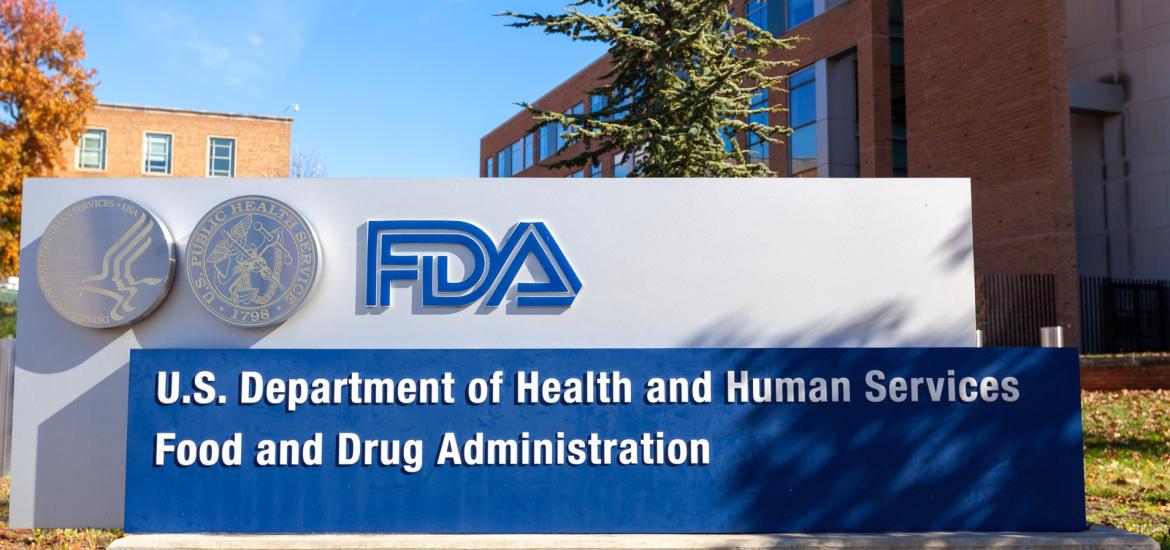
Carvykti joins Abecma in adcom limbo
Both BCMA-targeting Car-T therapies will face US advisory committee scrutiny after all.
Both BCMA-targeting Car-T therapies will face US advisory committee scrutiny after all.

With doubts slowly creeping in about the broad potential of Car-T therapies – the FDA last week requested that warnings of T-cell malignancies be added to approved labels – investors now face a fresh headache. Legend Biotech yesterday slipped out news that the agency will, after all, convene an advisory panel to discuss Carvykti’s Cartitude-4 study.
The aim is for this trial, in second to fourth-line multiple myeloma, to back a broader indication for Carvykti, as the Johnson & Johnson-partnered therapy is in a race with Bristol Myers Squibb/2seventy’s Abecma to get into early lines of multiple myeloma. News of the adcom, revealed in a low-key SEC filing, will disappoint those who had been assured that no such scrutiny would be needed.
That was, until yesterday, one key difference between the FDA’s apparent attitude towards Abecma and Carvykti. While Bristol revealed that its Abecma filing, based on the Karmma-3 trial, would miss the 16 December 2023 PDUFA date because of the need to hold an adcom, Legend assured investors last year that it wasn’t expecting an adcom to be convened for the Cartitude-4 indication.
Now both therapies are in the same boat, with Legend’s SEC filing yesterday dropping the adcom bobmshell. The Carvykti filing based on Cartitude-4 faces a 5 April 2024 PDUFA date, and no dates for the proposed adcoms have yet been announced; it’s possible that the two panels will be held as part of the same meeting.
Why?
On its fourth-quarter earnings call yesterday J&J was asked about the Carvykti adcom, and said it remained “very confident on the data of ... Cartitude-4” and about the risk/benefit of Carvykti in this indication. However, investors will ask why the FDA has decided that an adcom is needed after all.
One clear reason for the Abecma panel is that its supporting study, Karmma-3, has failed to show an overall survival benefit: data revealed at ASH last year showed a hazard ratio of 1.01 for OS versus standard regimens. The result was said to have been “confounded by substantial crossover”, though that claim only seems to support giving Abecma in its current, later setting.
In the case of Carvykti’s Cartitude-4 trial no obvious disconnect with OS seems apparent – yet. An ASCO late-breaker last year brought the first OS numbers, which showed a 22% reduction in risk of death; however, this was from an immature interim analysis, with a hazard ratio confidence interval upper bound of 1.2, and concerned deaths of just 20% of the Cartitude-4 population.
One worry for investors could be that a more recent OS analysis has shown the putative benefit to melt away with longer follow-up.
Adverse events
Alternatively, there could be broader worry from the FDA about adverse events in a relatively early multiple myeloma population. For instance, the agency has already expressed concerns over myeloid malignancies in Carvykti-treated patients, though that information has already been added to the prescribing information.
A separate issue swirling around Car-T concerns Car-positive T-cell lymphomas. Though these have been seen in only a tiny proportion of Car-treated patients, the FDA last week wrote to the makers of all six marketed Car-T therapies – Bristol (Abecma and Breyanzi), J&J (Carvykti), Novartis (Kymriah) and Gilead (Yescarta and Tecartus) – requesting boxed warnings to reflect the risk.
Even though no specific cases had been associated with Tecartus, the agency says it considers the "serious risk" to be applicable to all BCMA and CD19-directed Car-T therapies. For now this is clearly seen as a class effect.
Anti-BCMA Car-T therapies in early multiple myeloma settings
Abecma (Bristol/2seventy) | Carvykti (J&J/Legend) | |
|---|---|---|
| Trial | Karmma-3 | Cartitude-4 |
| Setting | 3rd-5th line | 2nd-4th line |
| PFS | 13.8mth vs 4.4mth (HR=0.49) | NR vs 11.8mth (HR=0.26) |
| OS | Interim: 41.4mth vs 37.9mth (HR=1.01)* | Interim: NR vs NR (HR=0.78) |
| PDUFA date | 16 Dec 2023 (missed) | 5 Apr 2024 |
| Adcom? | Yes (date TBC) | Yes (date TBC) |
Note: *”confounded by substantial crossover”; crossover-adjusted HR=0.72. Source: ASCO & ASH.
1956













